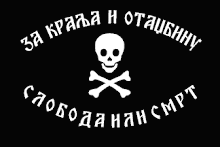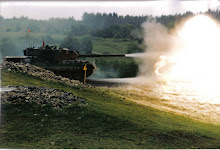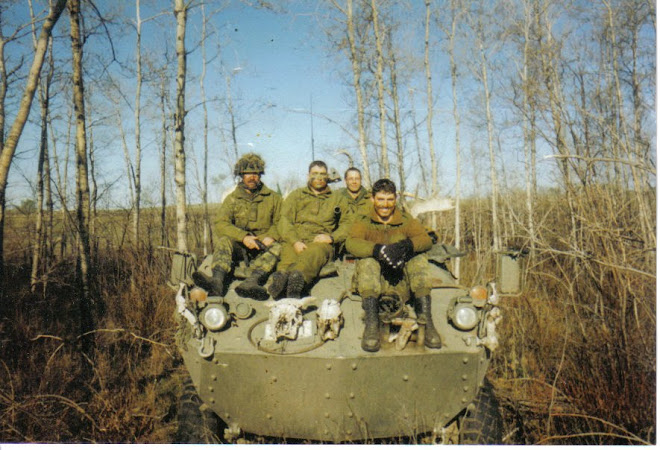Nine years after NATO’s bombing of Serbia, the North Atlantic Treaty Organization is still taking lives in Kosovo, Serbia’s Pressonline reported. The NATO allegedly used shells with depleted uranium which are still today causing an increase in the number of cancer patients.
Prior to 1999, the number of Serbs who suffered from malignant tumors was three times lesser. In Kosovo’s Kosovska Mitrovica in 2005 there were 38 percent more cancer patients than in 2004.
In those two years, a total of 3,500 cancer cases in Kosovo Albanians were diagnosed.
Globally, six people out of a thousand suffer from malignant tumours on average. In the Kosovska Mitrovica hospital, there are 200 cancer patients to 1,000 people.
NATO used weapons banned by international conventions?
After 2000, groups of experts in atomic energy tested water, food, air, plants and animals to establish the damage caused by radiation from NATO shells. Beta and Gamma radiation was higher than the permissible level and radiation was discovered in the soil, water, plants and animals. After it gets into the soil, it takes some 250 years for depleted uranium to degrade.
The conclusions of the studies were that the environment on 100 locations in Kosovo was not safe for animals or people, but no bans or moving of the population was carried out.
European peace troops stationed in Kosovo knew there was great danger of radiation in these areas. Italian military experts concluded in 2005 that 34 soldiers had died from leukemia and various malignant tumors. Since then 150 soldiers from Kosovo were sent home.
In mid-2000 NATO published a map with 112 marked locations that had been shelled with depleted uranium. Over the 78 days of NATO bombing, a total of 31,000 shells with depleted uranium, weapons banned by international treaties, were dropped in Kosovo.
Thursday, March 24, 2011
Subscribe to:
Post Comments (Atom)




No comments:
Post a Comment